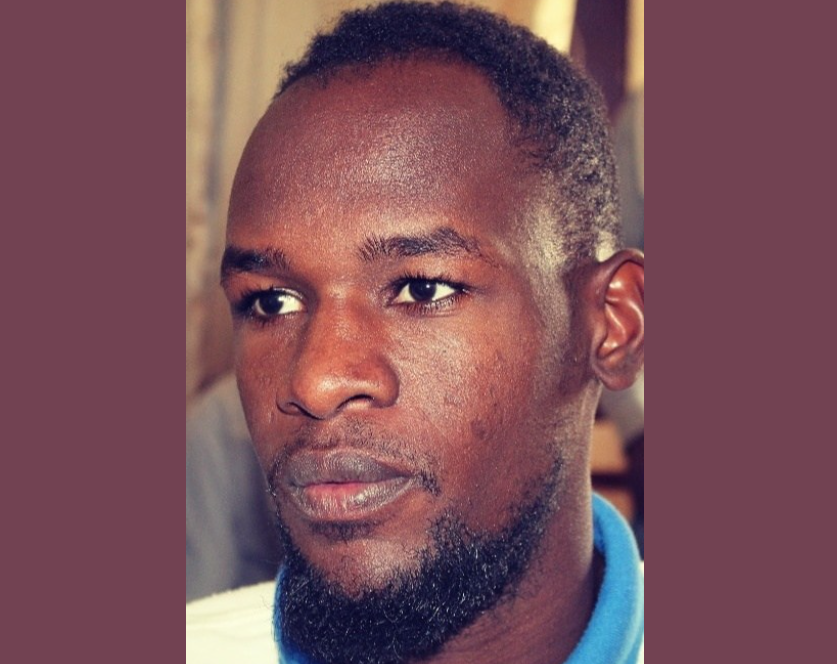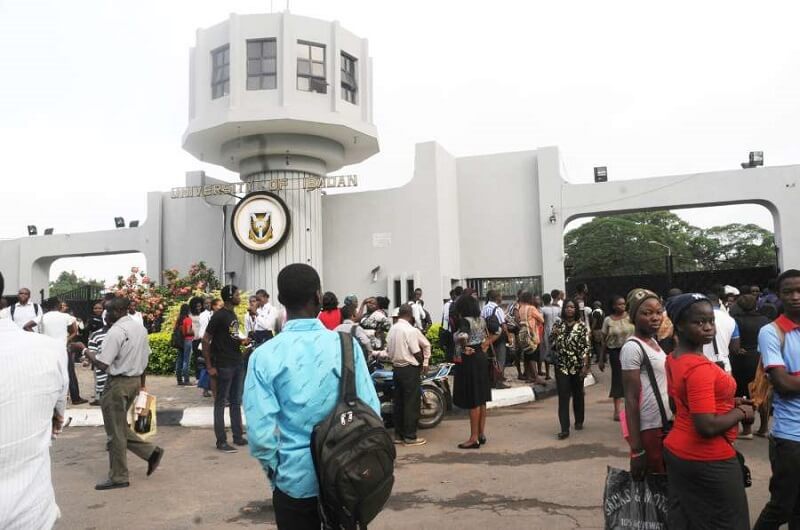Benin’s Digital Code has claimed another victim as the country’s special court for Economic Offences and Terrorism, CRIET, sentenced a journalist to a one-year suspended prison term “for disseminating false news.”
The charges relate to an investigative story about alleged extrajudicial killing perpetrated by the police, published by Virgile Ahouansè, the news director of the online radio, Crystal News. The June 15, 2023 judgement also handed the journalist a fine of 200,000 CFA francs (about $334). Ahouansè and his lawyers are considering an appeal of the decision which came at the end of a six-month trial.
“The verdict is, in reality, a confirmation of injustice, as the substantial issues were never tackled. The police never attended any of the hearings”, the journalist told MFWA.
The CRIET based its ruling on Article 550 of Law No. 2017-20 of the Digital Code. This article provides for imprisonment of up to two years, and fines of up to ten million CFA francs (about $15,830), offences such as harassment and dissemination of false information through electronic communication.
Under the law, anyone who initiates coercive, intimidating, harassing or emotionally distressing electronic communication can be charged. The same applies to anyone who initiates or relays false information against others through social networks.
The story from the investigation that triggered the prosecution of Ahouansè was published on December 14, 2022. The story presented testimonies of witnesses who alleged extrajudicial executions by Benin’s police officers at the Dowa public school in Porto-Novo, the administrative capital of Benin.
Two individuals who were witnesses in the investigation also faced legal action. The head of the neighbourhood where the school is located, was given a twelve-month suspended prison sentence and fined 200,000 CFA francs, while the school caretaker was sentenced to 6 months’ imprisonment and a fine of 100,000 CFA francs (about 120 US dollars). Both were charged with the electronic dissemination of false news and complicity.
The sentencing of Ahouansè has sparked criticism in the country. A former member of parliament who believes the sentence does not honour the country, called for the restoration of democracy and press freedom. Many others have condemned the harassment of the journalist and are calling for a review of the Digital Code. Ahouansè had been under judicial supervision since December 22, 2022, two days after his detention. The journalist had his freedom restricted as his passport was confiscated. He was equally required to report to the police station every week.
The Media Foundation for West Africa (MFWA) strongly condemns Virgile Ahouansè’s sentence, albeit suspended, and urges the CRIET to reverse its decision. This decision represents an attack on press freedom that will foster self-censorship among critical voices and discourage any form of accountability journalism.
If it is not revised, the Digital Code could lead to the complete muzzling of the press and dissenting voices. Vague interpretations of the code have already led to the arrest of several journalists. Over the past four years, at least eight journalists have been arrested on accusations of breaching this code.






